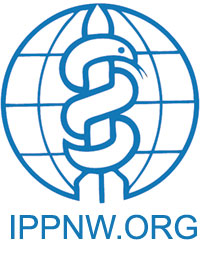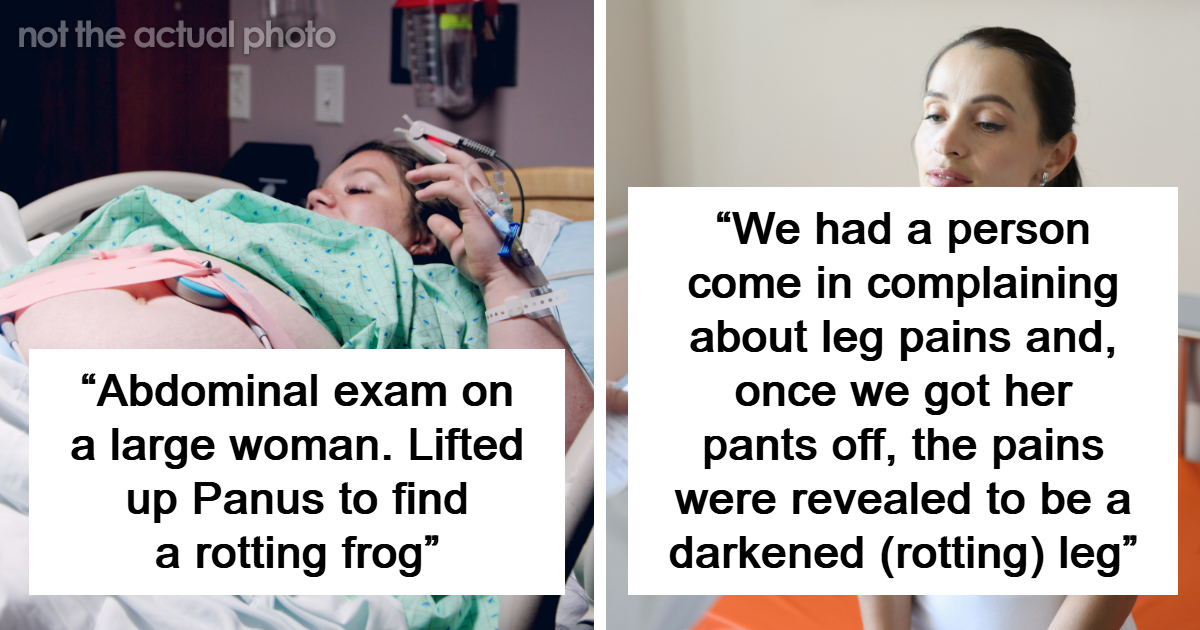Semiótica de la verdad narrada
Problemáticas de la valoración
¿Cómo aplicar crítica a partir de una macrohabilidad lingüística como lo es el «saber leer», confrontándose al mundo de lo narrado?
Fuente: Petro, N. 2014, mayo 11. «Seis errores de Occidente en cuanto a Ucrania» en URL: http://actualidad.rt.com/actualidad/view/127727-seis-errores-occidente-ucrania-rusia-guerra (Acceso 2014, mayo 17)
Seis errores de Occidente en cuanto a Ucrania
Si Occidente no encuentra una respuesta adecuada a la crisis de Ucrania es porque desde el principio ha malinterpretado la situación, convirtiendo una disputa interna en una amenaza a la seguridad de Europa, asegura el politólogo Nikolai Petro.
Seis errores comunes jugaron un papel excesivo en la formación del discurso occidental sobre Ucrania, asegura Petro.
Estos deben corregirse, y únicamente entonces se podrá obtener un progreso real, según escribe el profesor de Politología de la Universidad de Rhode Island, quien publicó esta tesis en 'The National Interest'.
1 . "Los ucranianos son un solo pueblo, unidos en el apoyo al cambio"
Este es un dicho familiar entre los políticos occidentales, sin embargo, cualquiera que esté familiarizado con la historia de Ucrania sabe que sus fronteras han cambiado muchas veces en el último siglo. Como resultado, millones de personas sin ningún apego étnico, cultural o lingüístico hacia Ucrania terminaron dentro de sus fronteras actuales. Desde 1991, la división más visible ha sido entre los ucranianos occidentales, muchos de los cuales buscan una Ucrania cultural y políticamente distinta de Rusia, y los ucranianos orientales, que quieren vivir en una Ucrania independiente, pero que también mantenga una estrecha relación espiritual, cultural y lazos económicos con Rusia.
El hecho de que los gobiernos occidentales hayan identificado las aspiraciones nacionales de Ucrania con las de las regiones occidentales del país los pone en contradicción con la mitad del país.
En el punto más álgido de los disturbios en Euromaidán, los gobiernos occidentales advirtieron al presidente Yanukóvich de no utilizar la fuerza para disolver las protestas, incluso a medida que se tornaron violentas. Más tarde, durante una fase crítica de las negociaciones con la oposición, funcionarios de Estados Unidos fueron grabados cuando discutían qué líderes de la oposición deberían reemplazarlo. Para un público ucraniano ya muy dividido sobre la legitimidad de las protestas públicas en Maidán (tres cuartas partes de la población en las ciudades del este de Ucrania considera que las protestas de Euromaidán son ilegales), esto solo prueba que Occidente estaba interviniendo para frustrar las preferencias políticas de la mitad del país.
3 . El fracaso de Francia, Alemania y Polonia en hacer cumplir el acuerdo del 21 de febrero
El fracaso de Francia, Alemania y Polonia de apoyar la transición negociada del poder que ellos habían pedido ha sido un duro golpe a la legitimidad de las instituciones estatales ucranianas, del cual ha sido muy difícil recuperarse. La posterior toma del poder por la oposición no solo derribó al presidente legítimamente electo, también llevó al colapso del mayor partido político del país que, con todos sus defectos, encarnaba las aspiraciones políticas de más o menos la mitad de la población. A día de hoy, menos de un tercio de la población de habla rusa en Ucrania ve al presidente en funciones y al primer ministro como legítimos, mientras que en Donetsk y Lugansk, los focos de resistencia, esta cifra cae a menos del 15%.
Los medios occidentales han tardado en entender que los grupos derechistas nacionalistas como Svoboda y el Sector de Derecho jugaron un papel decisivo en la radicalización del Euromaidán, y en la dramática toma del poder inmediatamente después de los acuerdos del 21 de febrero. Oficialmente, sin embargo, los gobiernos occidentales siguen insistiendo en que su papel es marginal. De todas formas, aún hoy en día estos grupos ejercen excesiva influencia en el Parlamento y en las calles del centro de Kiev, que siguen ocupando a pesar de los ruegos del presidente autoproclamado de que desalojen. Ellos intimidan a los políticos, jueces y periodistas, de hecho a cualquier persona que hable en contra de las políticas del actual Gobierno. Su intimidación a los candidatos presidenciales asociados con el Partido de las Regiones no ha provocado casi ningún comentario de los gobiernos occidentales. Muchos en las regiones orientales y en el sur de Ucrania ven esto como una confirmación más de la participación occidental.
Vale la pena señalar que en todos los casos en que el separatismo ha surgido la demanda original era por mayores derechos regionales y autonomía dentro de Ucrania. Solo cuando Kiev respondió reemplazando a los funcionarios locales con los leales al nuevo Gobierno, surgió la cuestión de la secesión. Esa es una razón de por qué la mayoría de la gente en las regiones orientales y meridionales de Ucrania (62%) culpan a Kiev de la pérdida de Crimea, en lugar de culpar a los manifestantes de Crimea (24%) o a Rusia (19%). El mismo enfoque se está tomando hacia el este y el sur de Ucrania, con los mismos resultados desastrosos.
6 . Culpar a Rusia por los problemas de Ucrania
A pesar de la acalorada retórica proveniente de los gobiernos occidentales, el objetivo principal de Rusia en Ucrania ha sido reducir el nivel de inestabilidad interna. Las razones no son difíciles de comprender. En primer lugar, dicha inestabilidad es mala para los negocios que, en el caso de Ucrania, implica inversiones militares, industriales y de energía que son importantes para Rusia. En segundo lugar, la continua inestabilidad es mala para Rusia, ya que aumenta la probabilidad de que Ucrania se convierta en un Estado fallido, lo que haría que Rusia se sintiera obligada a brindar una asistencia humanitaria de grandes proporciones. En tercer lugar, dicha inestabilidad es mala porque aumenta las tensiones con Occidente, que tiene la tendencia de culpar a Rusia por todo lo que sucede allí.
A Rusia le gustaría mucho ver a Ucrania como un socio económico y político estable, capaz de proporcionar suficiente crecimiento y empleo a sus propios ciudadanos para reducir el flujo anual de más de 3 millones de trabajadores migrantes de Ucrania hacia Rusia, y así contribuir a la prosperidad de los 11 millones de rusos que viven en las zonas fronterizas con Ucrania. Después de haber gastado más de 300 millones de dólares en las últimas dos décadas para impedir el colapso de la economía de Ucrania, parece poco probable que Rusia busque ahora su desaparición económica. Sin duda no quiere gastar las decenas de miles de millones de dólares que se necesitarían para absorber estas regiones, y elevar su nivel de vida al de Rusia.
 Haz click aquí para ver el sitio personal de Петр Симоненко
Haz click aquí para ver el sitio personal de Петр Симоненко
Haz click aquí para escuchar Entrevista Especial transmitida por La Radio del SUR a Tatiana POLOSKOVA, experta en el Tema Rusia – Ucrania

Haz click aquí para ver Veinte posibles impactos de la crisis ucraniana de S. PÉREZ BENÍTEZ
Haz click aquí para escuchar Entrevista Especial transmitida por La Radio del SUR a Tatiana POLOSKOVA, experta en el Tema Rusia – Ucrania
Haz click aquí para ver Veinte posibles impactos de la crisis ucraniana de S. PÉREZ BENÍTEZ
UCRANIA: HISTORIA DE UNA TRAGEDIA
NEGOCIACIONES DE PAZ EN UCRANIA
(Vídeo) Michel Collon RT Guerra Rusia EEUU por IVANGARCIAZAMA
Haz click aquí para ver Día de la victoria
Ucrania: ¿A dónde conducen los caminos? Mesa Redonda Internacional por TVideoblog2
Ucrania tras los comicios. Mesa Redonda Internacional por TVideoblog2












.png)


























.jpg)





.png)




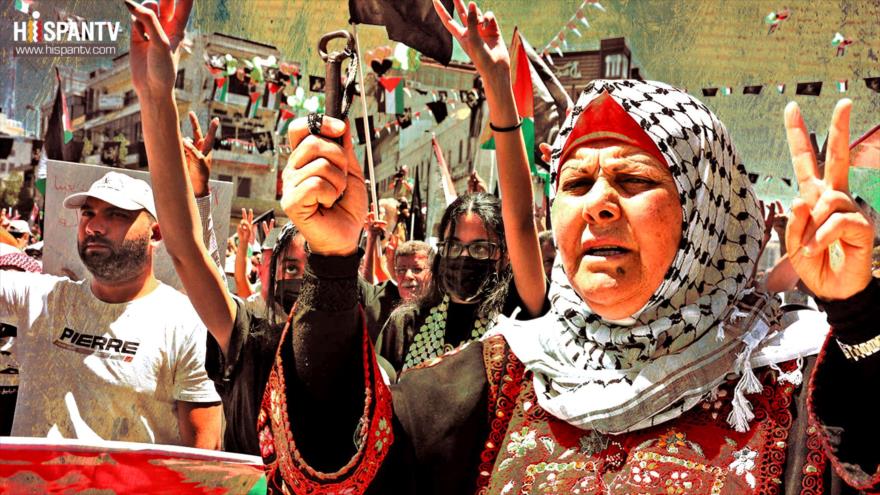









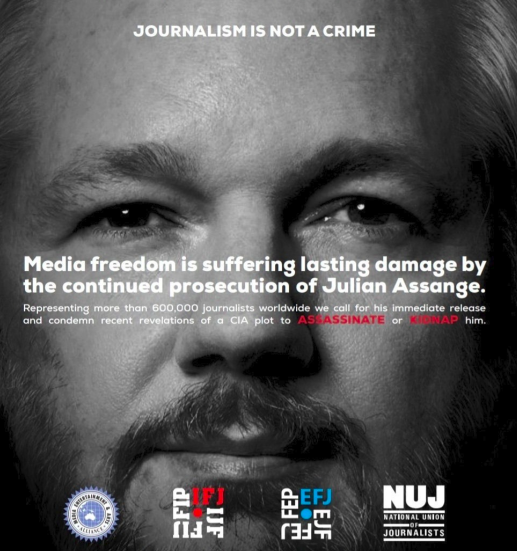




.png)

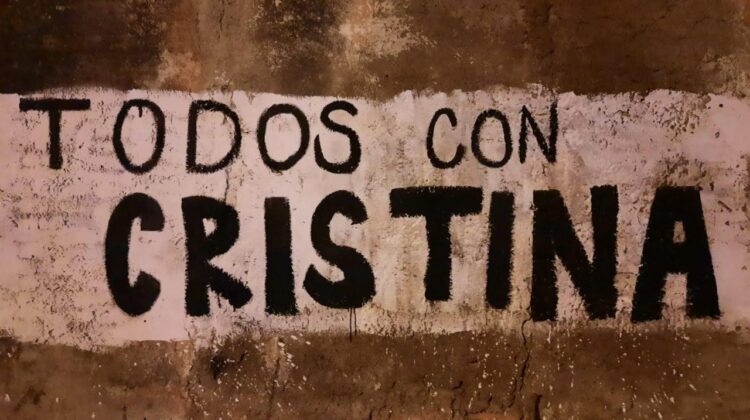



















.png)

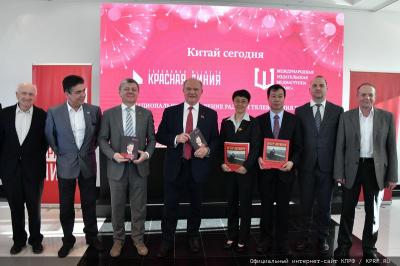

.png)


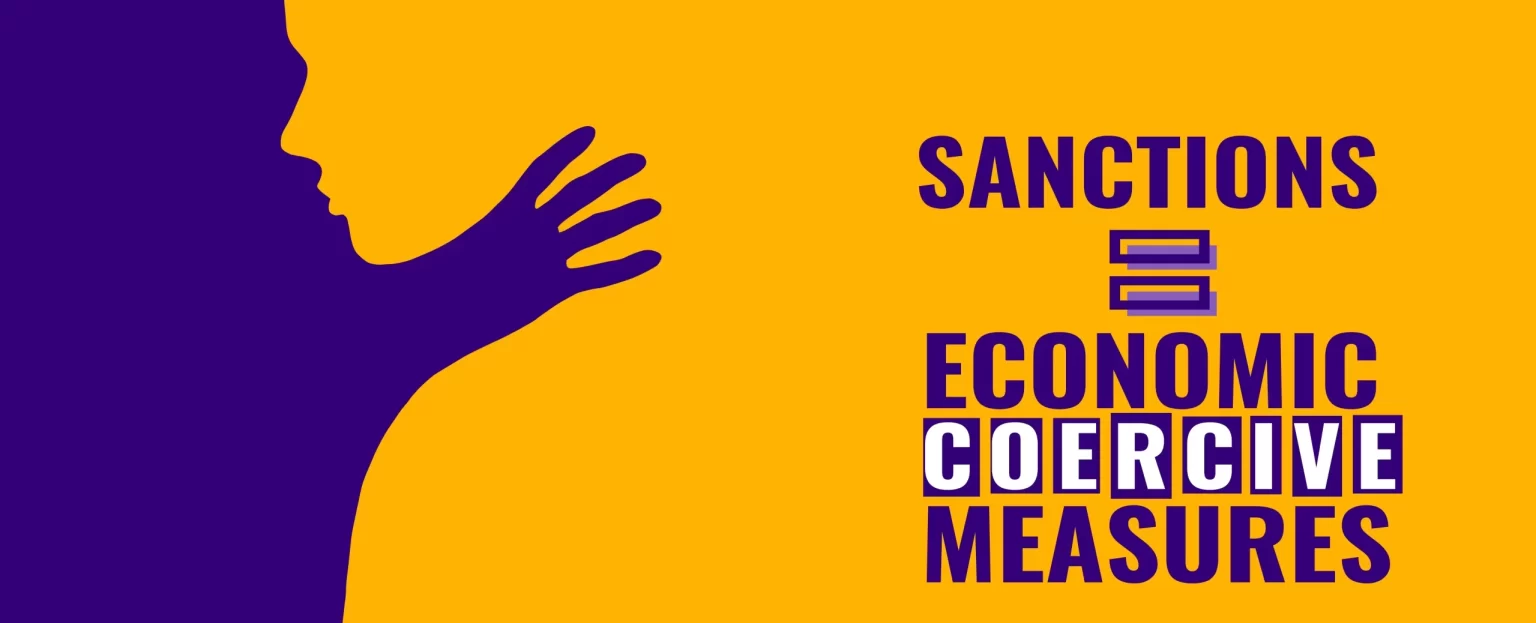

.png)
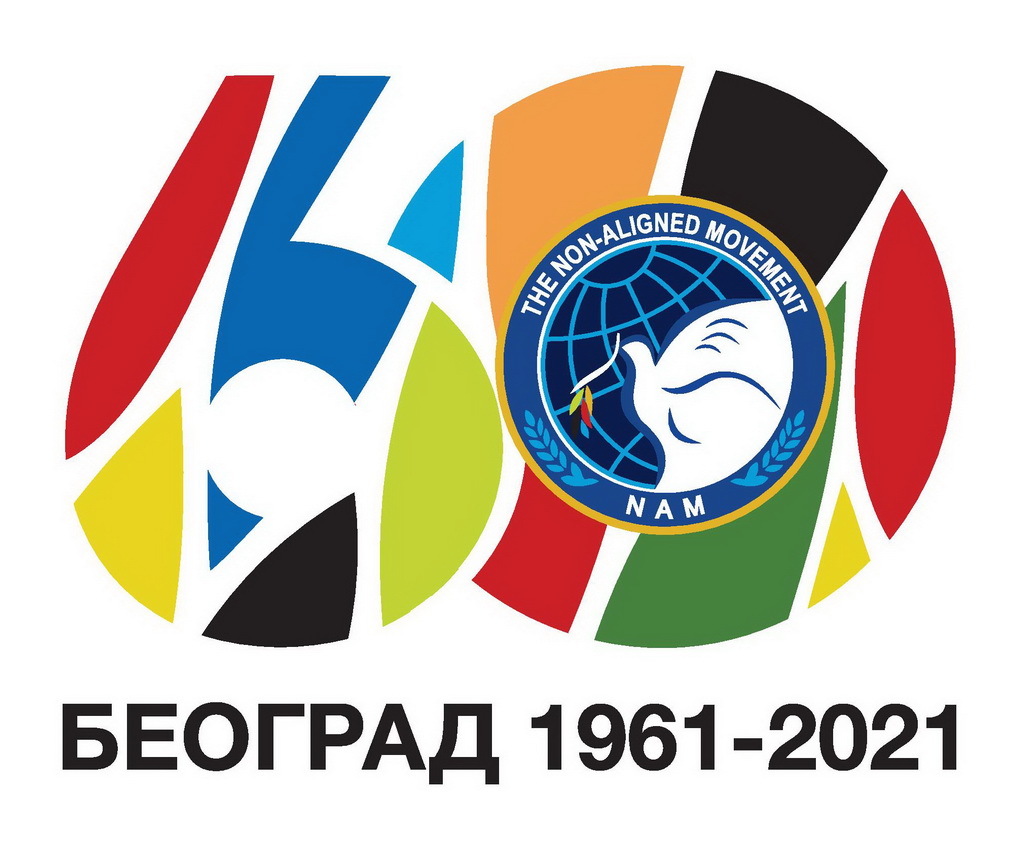




.png)


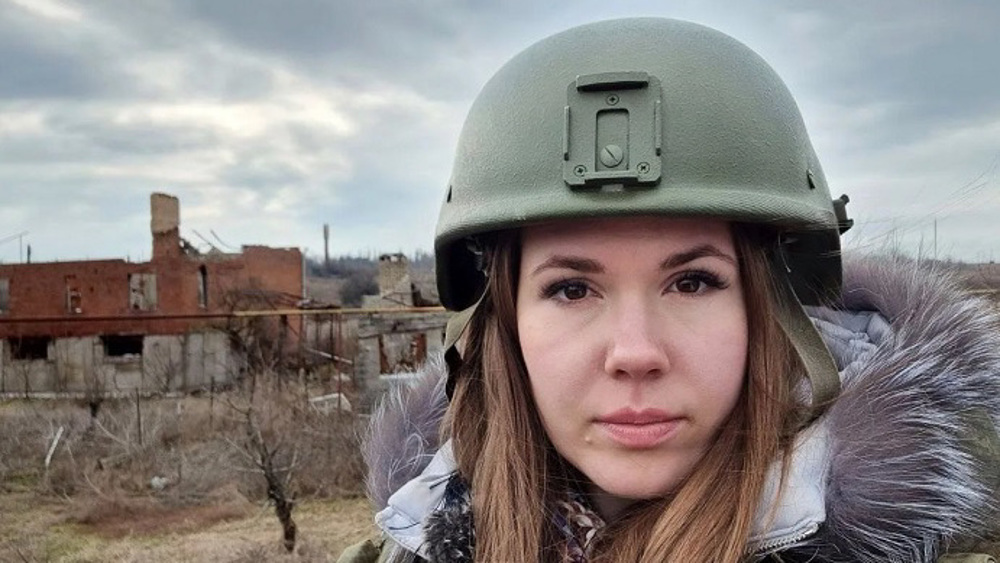


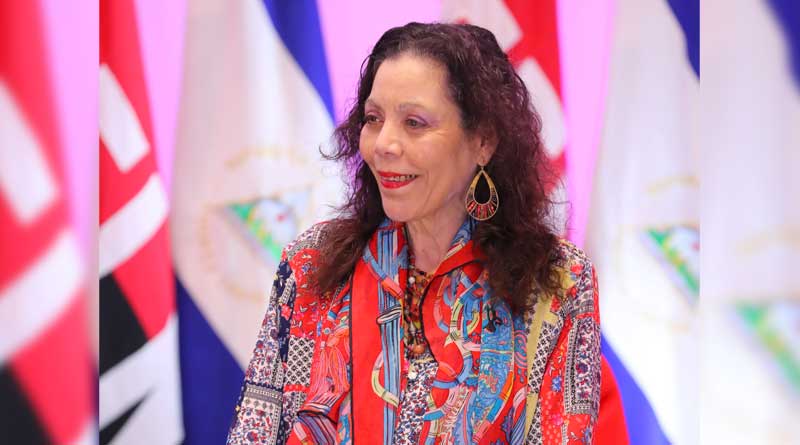


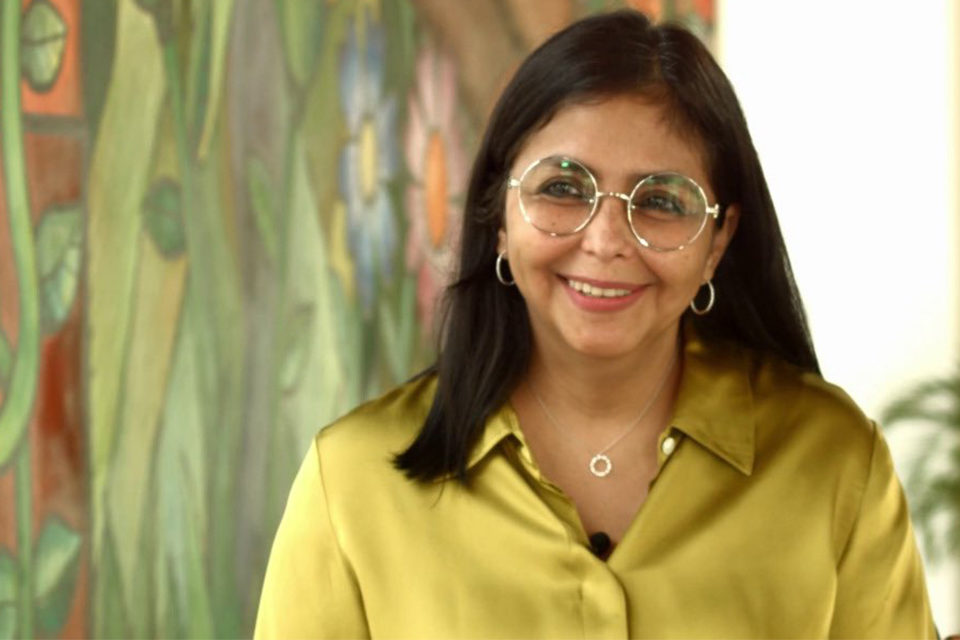





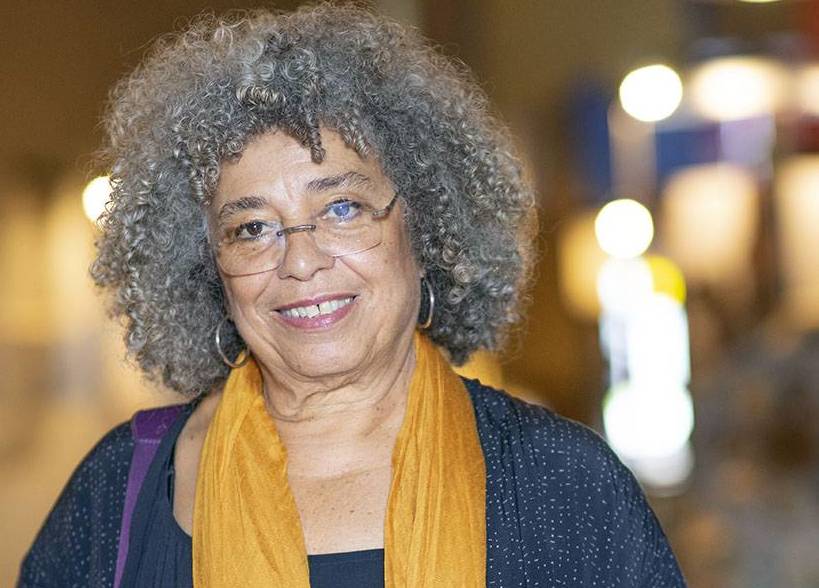





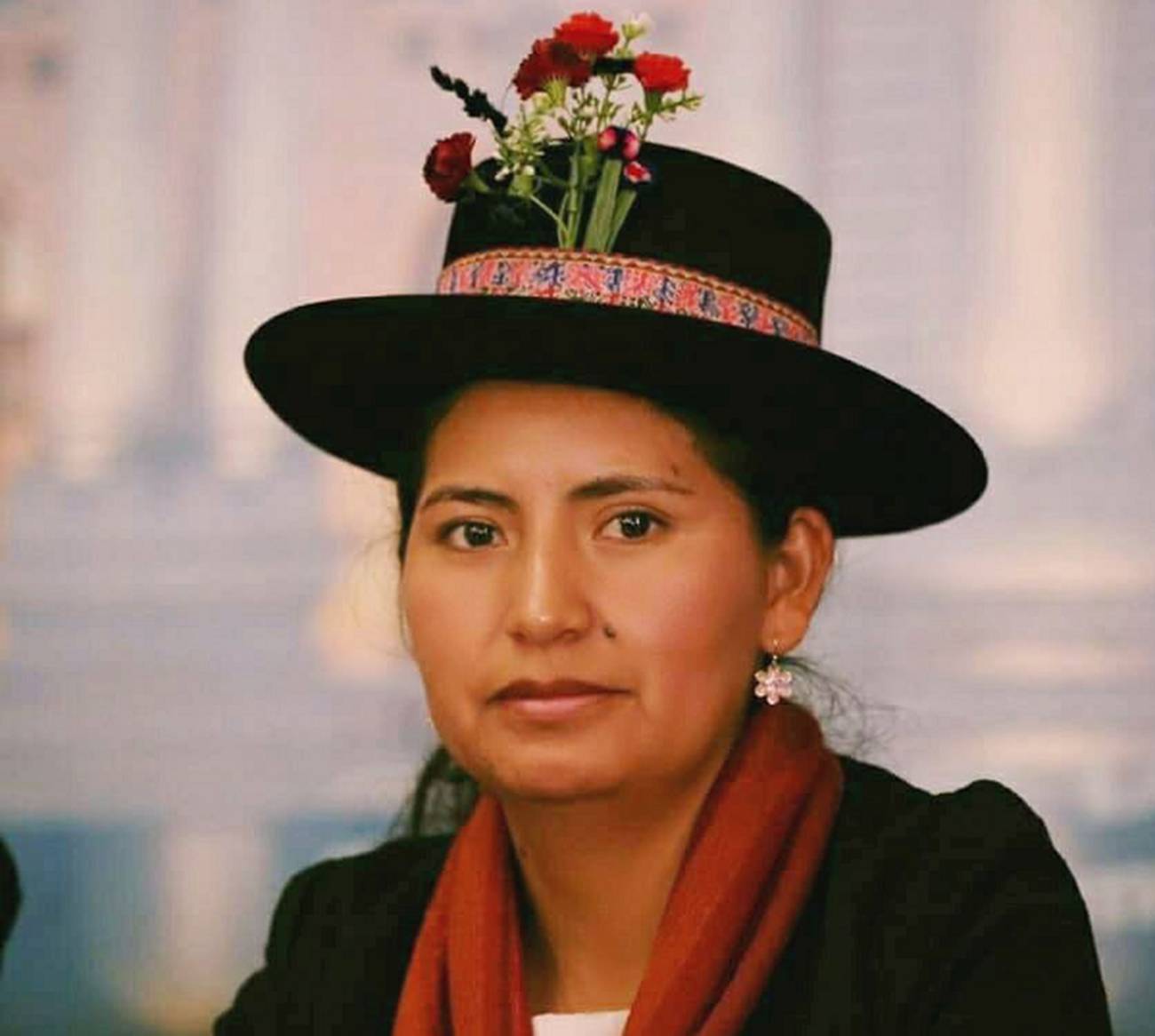








.png)
/regions/2022/04/21/6261763fc435e_logo-candidatecml-page-0001.jpg)



.jpg)



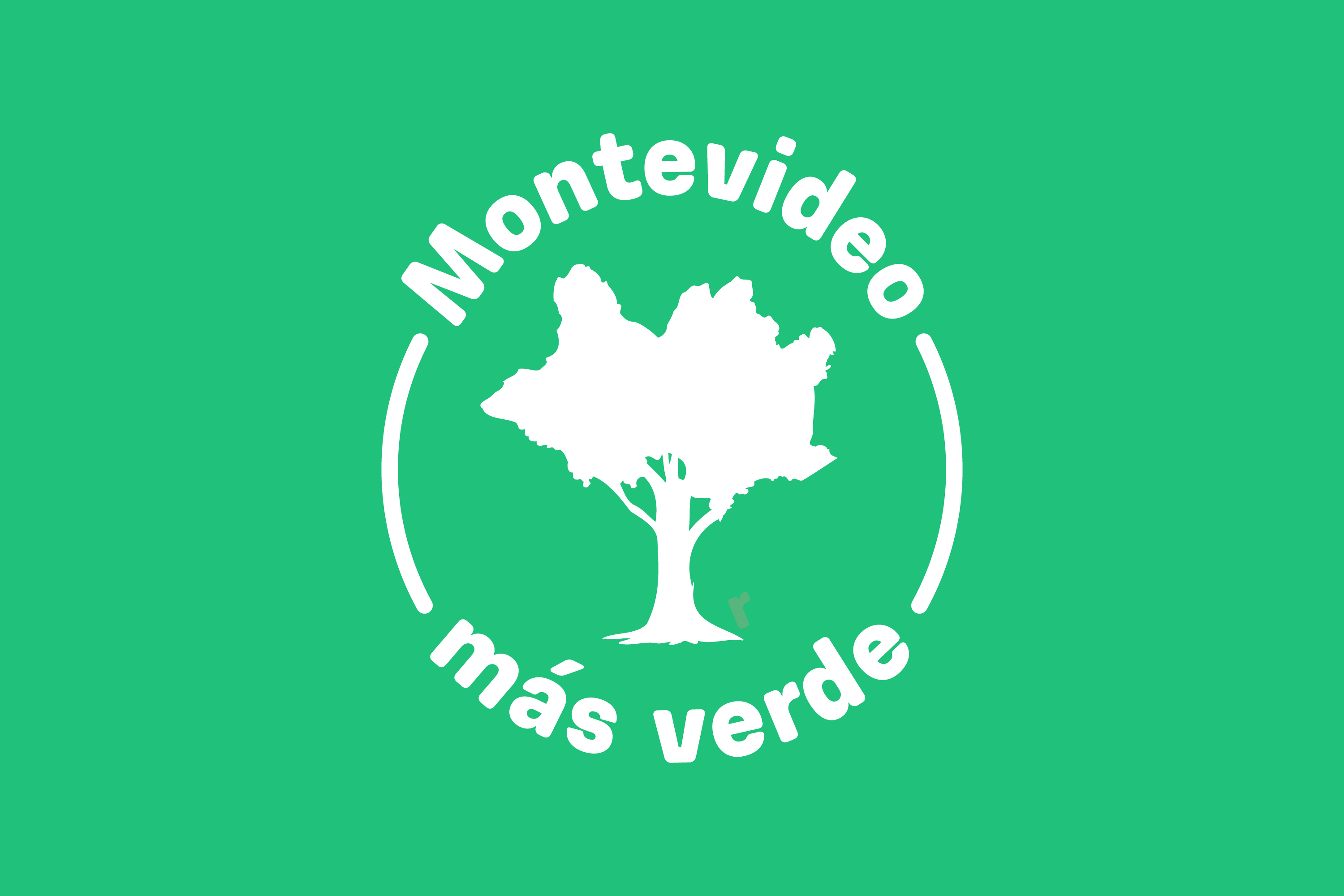














.png)
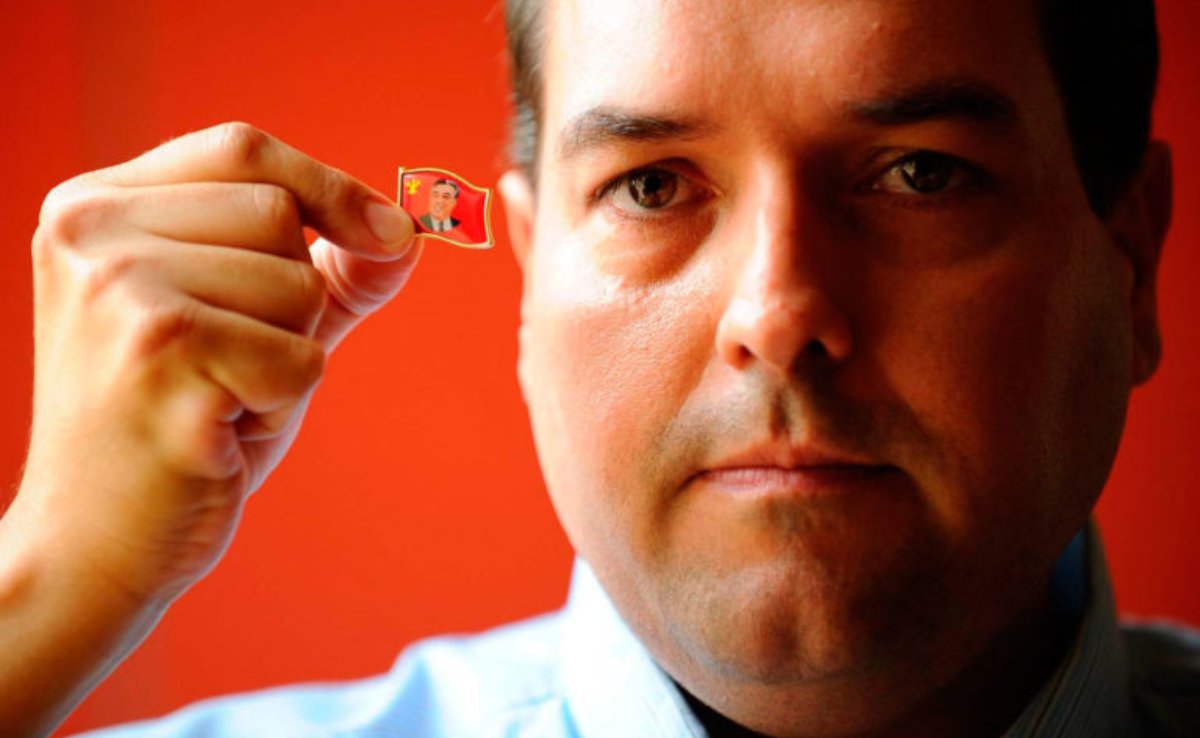
.png)

.png)

























































